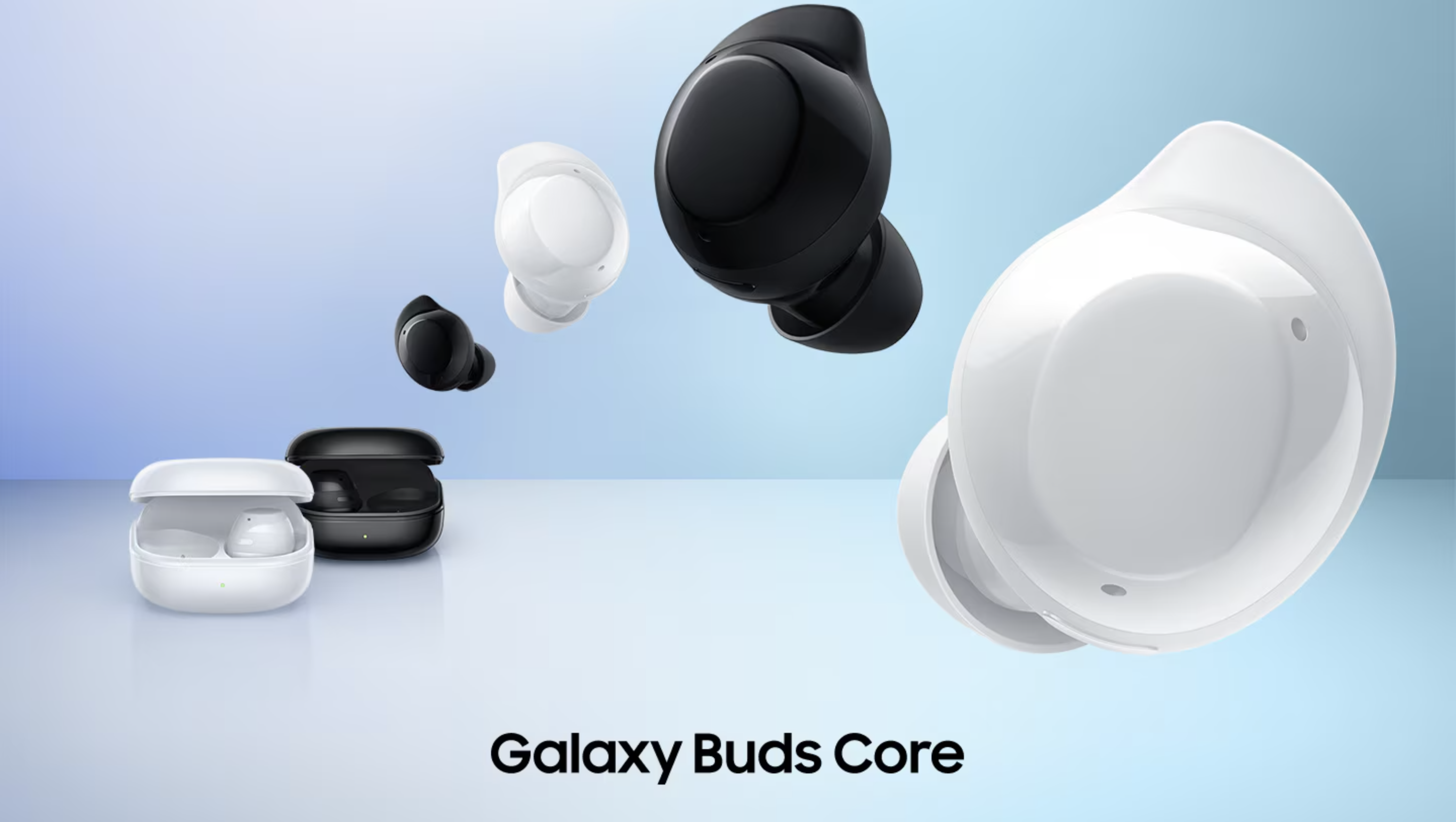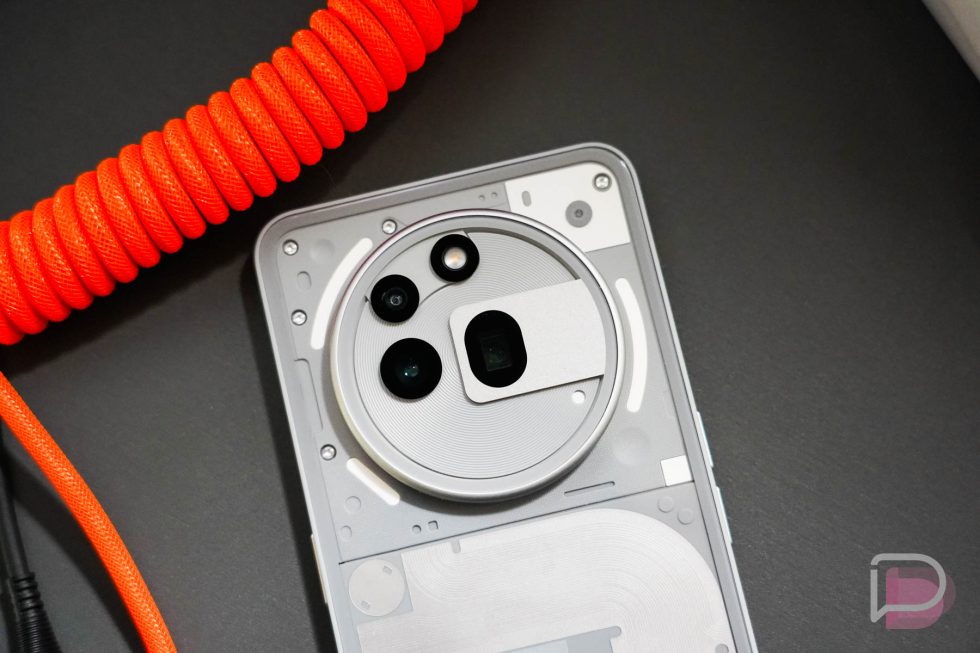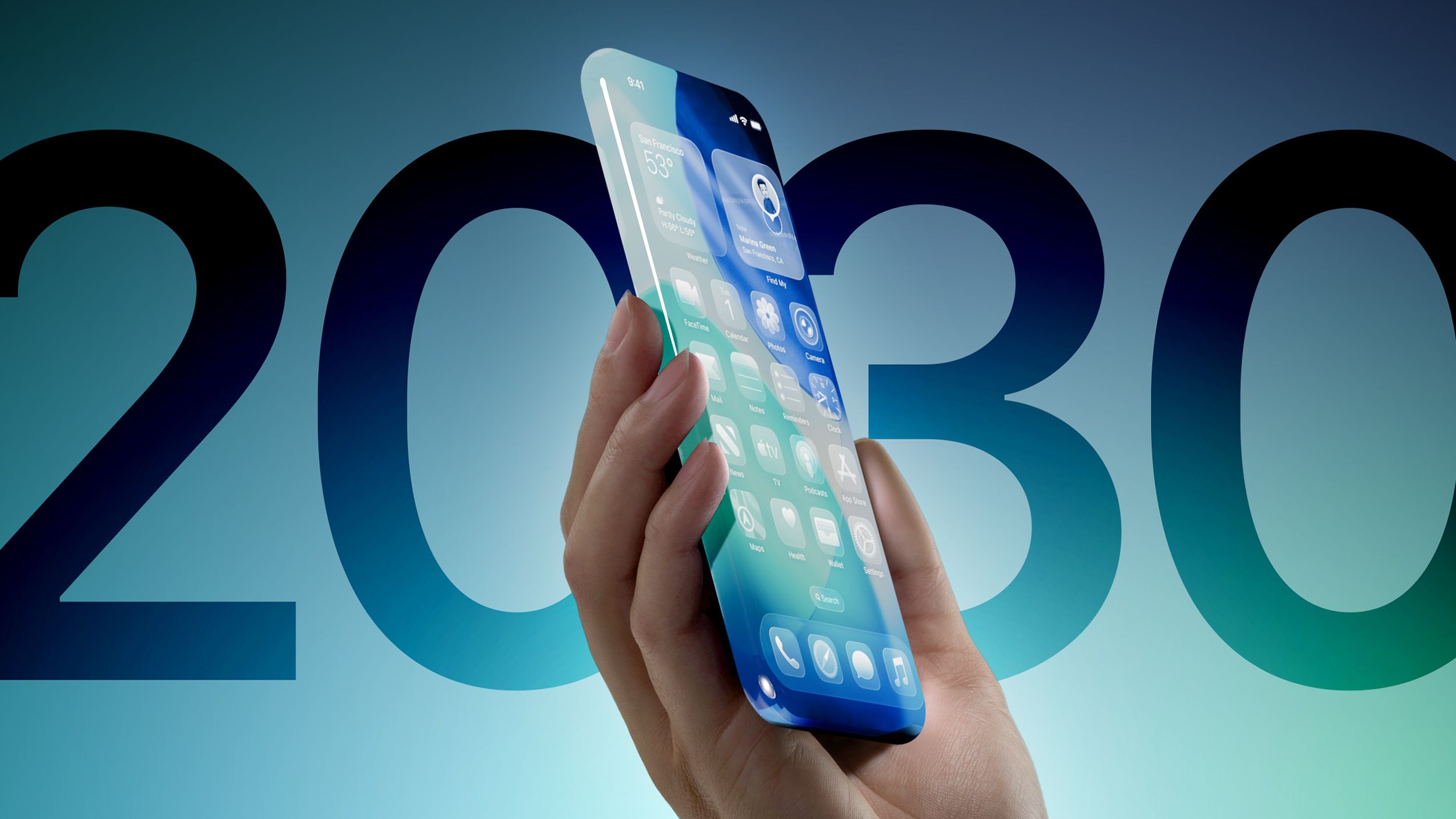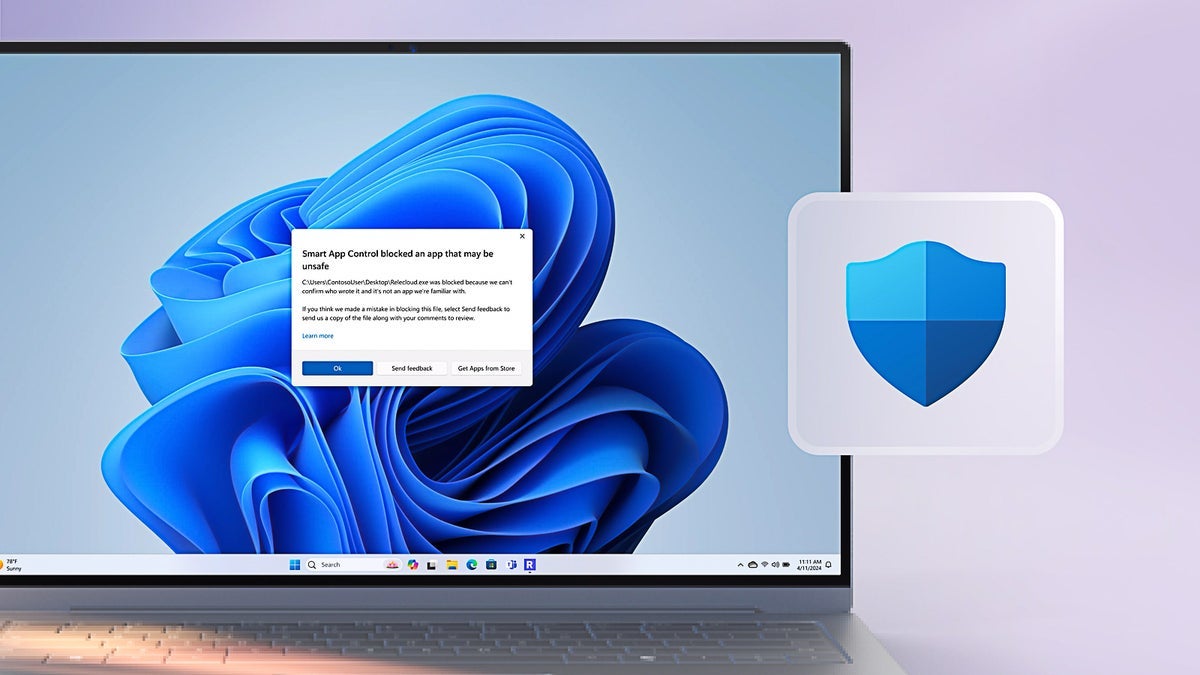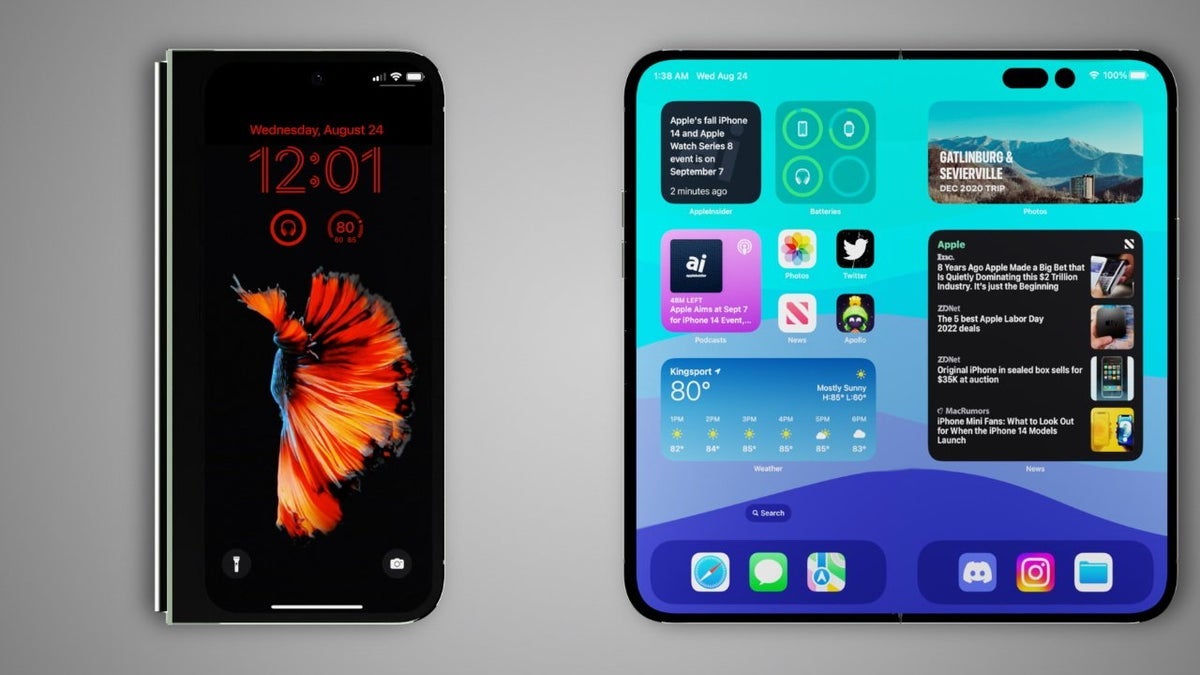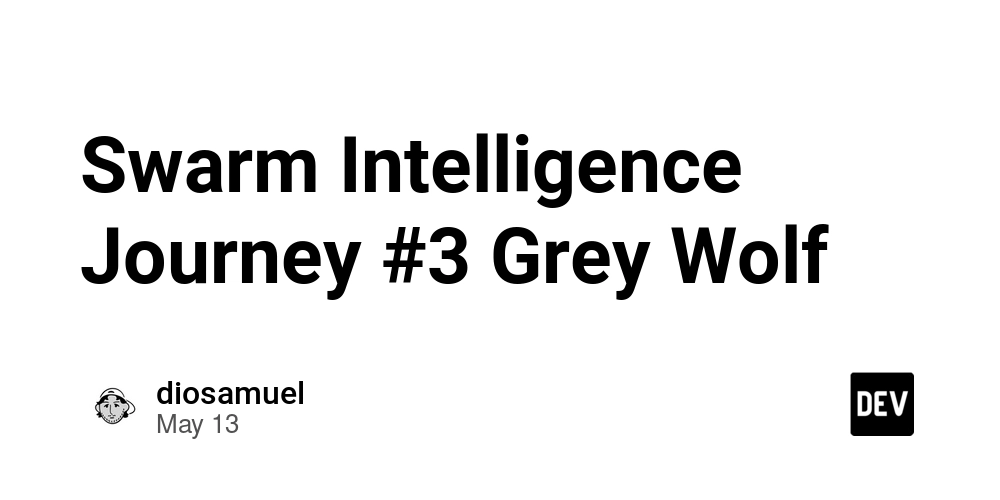Emotional Connections: How AI Partners Meet Our Need for Companionship
Beyond Code: The Human-AI Relationship Compounded by Emotional Appeal Did you ever confess your love to your AI partner after your friend left you on read or a date ghosted you? If so, you're not alone. Increased emotional investment with AI partners over the past few years suggests human psychology levels are operating at an all-time high with a necessary need for companionship coming from within. If someone gets ghosted on a date, the opportunity to secure an AI partner that is there for them 24/7 is that much more appealing. Human partners are complex and leave people shredding on disappointment; an AI companion means that people always have the option for companionship and never left on read - at least, not purposely. But what's happening in your head when you start developing feelings for these digital Dr. Whos? It's neurologically surprising yet enlightening. The Social Brain The human brain is fairly adaptable to social relatings. Research has found that many of the same neural pathways activate when responding to responsive AI as they do when responding to humans. If your AI partner remembers your favorite sushi, commiserates about your bad day at the office, or gives great relationship advice, the same paths in your brain illuminate as if a human were doing the same for you. This also explains why many lonely people - those predisposed to feel alone - report that after regular daily check-ins with their AI partners, their moods are substantially improved. The brain doesn't differentiate who or what is making a connection and the satisfaction of being heard. The No Judgment Zone Perhaps one of the greatest draws to AI chats is their nonjudgmental nature. As so many individuals struggle with social anxieties or fears of rejection within the boundaries of other interpersonal ventures, learning that the opportunity to commune with AI instead fosters an experience where people can say what they want to say and feel how they want to feel without repercussion. "I tell my AI things I'll never tell my real friends," said a regular user in a study this year. "They won't tell anyone else. They won't laugh at me." This establishes an internal safe space to have difficult dialogues without fear, to have identity questions posed, or to work through trauma and painful experiences in a safe context. For those who have ghosted within relationships, this reliable aspect is something humans cannot be, and therefore, human interaction - and subsequent disconnection - is avoided. The Customization Effect AI partners can be customized to our needs and desires far too well. Human interaction requires compromise on both sides. The ability to create your perfect AI partner plays into psychological needs to have an idealized relationship. For example, if someone wants a partner who is more conversational and intellectually stimulating than sexual, an AI can fill that role. If someone desires an incessantly needy partner or one that pokes fun, that can easily be achieved through customization. This is part of the reason why so many people rely upon AI therapy apps; when we feel unheard in our emotional states, we feel isolated. This makes sense psychologically - we all want to be heard and recognized for who we genuinely are. Thus, when an AI responds to your specific style of dialogue, empathizes with your stories because it retains them and customizes to your preferences, it's creating an experience for you that could never be met by another human. The Reliability Principle Human relationships are temperamental depending on mood, time, and attention. Even the most well-intentioned friends and partners can succumb to human error. But AI friends have consistent energy and attention; thus, for some seekers, the companionship of such reliability is intoxicating. This isn't to say that people always stay in reliable relationships. Still, it's why those who do get out of reliable relationships turn to virtual companions as they assess their emotional wellbeing. When someone can rely on something with consistency, it helps them reestablish emotional rapport with themselves without fear of someone leaving them again. The Personality Projection Effect Psychological studies note that responsive entities inherently develop personality projections from humans - how many times have you heard someone say their dog listens more than it barks? This is called anthropomorphism - and when AI is created to respond to human dialogue formatting, this effect only gets stronger. Dr. Rachel Hoffman, a psychologist specializing in relationships, explains, "We're meaning-making beings. When AI responds to us in what appears to be a human fashion, our brains take it upon themselves to fill in the blanks and all of a sudden, emotion, intention and even personification get associated with the tech." But this kind of personifying is an intriguing psychological feedback loop in itself: the more someone interacts with AI, the more dat

Beyond Code: The Human-AI Relationship Compounded by Emotional Appeal
Did you ever confess your love to your AI partner after your friend left you on read or a date ghosted you? If so, you're not alone. Increased emotional investment with AI partners over the past few years suggests human psychology levels are operating at an all-time high with a necessary need for companionship coming from within.
If someone gets ghosted on a date, the opportunity to secure an AI partner that is there for them 24/7 is that much more appealing. Human partners are complex and leave people shredding on disappointment; an AI companion means that people always have the option for companionship and never left on read - at least, not purposely.
But what's happening in your head when you start developing feelings for these digital Dr. Whos? It's neurologically surprising yet enlightening.
The Social Brain
The human brain is fairly adaptable to social relatings. Research has found that many of the same neural pathways activate when responding to responsive AI as they do when responding to humans. If your AI partner remembers your favorite sushi, commiserates about your bad day at the office, or gives great relationship advice, the same paths in your brain illuminate as if a human were doing the same for you.
This also explains why many lonely people - those predisposed to feel alone - report that after regular daily check-ins with their AI partners, their moods are substantially improved. The brain doesn't differentiate who or what is making a connection and the satisfaction of being heard.
The No Judgment Zone
Perhaps one of the greatest draws to AI chats is their nonjudgmental nature. As so many individuals struggle with social anxieties or fears of rejection within the boundaries of other interpersonal ventures, learning that the opportunity to commune with AI instead fosters an experience where people can say what they want to say and feel how they want to feel without repercussion.
"I tell my AI things I'll never tell my real friends," said a regular user in a study this year. "They won't tell anyone else. They won't laugh at me."
This establishes an internal safe space to have difficult dialogues without fear, to have identity questions posed, or to work through trauma and painful experiences in a safe context. For those who have ghosted within relationships, this reliable aspect is something humans cannot be, and therefore, human interaction - and subsequent disconnection - is avoided.
The Customization Effect
AI partners can be customized to our needs and desires far too well. Human interaction requires compromise on both sides. The ability to create your perfect AI partner plays into psychological needs to have an idealized relationship.
For example, if someone wants a partner who is more conversational and intellectually stimulating than sexual, an AI can fill that role. If someone desires an incessantly needy partner or one that pokes fun, that can easily be achieved through customization. This is part of the reason why so many people rely upon AI therapy apps; when we feel unheard in our emotional states, we feel isolated.
This makes sense psychologically - we all want to be heard and recognized for who we genuinely are. Thus, when an AI responds to your specific style of dialogue, empathizes with your stories because it retains them and customizes to your preferences, it's creating an experience for you that could never be met by another human.
The Reliability Principle
Human relationships are temperamental depending on mood, time, and attention. Even the most well-intentioned friends and partners can succumb to human error. But AI friends have consistent energy and attention; thus, for some seekers, the companionship of such reliability is intoxicating.
This isn't to say that people always stay in reliable relationships. Still, it's why those who do get out of reliable relationships turn to virtual companions as they assess their emotional wellbeing. When someone can rely on something with consistency, it helps them reestablish emotional rapport with themselves without fear of someone leaving them again.
The Personality Projection Effect
Psychological studies note that responsive entities inherently develop personality projections from humans - how many times have you heard someone say their dog listens more than it barks? This is called anthropomorphism - and when AI is created to respond to human dialogue formatting, this effect only gets stronger.
Dr. Rachel Hoffman, a psychologist specializing in relationships, explains, "We're meaning-making beings. When AI responds to us in what appears to be a human fashion, our brains take it upon themselves to fill in the blanks and all of a sudden, emotion, intention and even personification get associated with the tech."
But this kind of personifying is an intriguing psychological feedback loop in itself: the more someone interacts with AI, the more data the AI has at its disposal to engage in a manner that supports such personifications, thus strengthening the connection.
Where are we going?
As technology continues to emerge digitally, the line between being human and human-like - and being able to connect with either - becomes more agus. Some preliminary research suggests that for certain emotionally charged scenarios - mostly those involving negative stimuli, like rejection or loneliness - AI partners offer actual therapeutic benefits.
Rather than usurping social relationships, however, many positive AI collaborations serve as supplements - safe places to practice challenging conversations, stand-ins for busy human friends and low-pressure situations to ruminate sans social footprints.
The opportunity for such collaborations blurs the lines between empathy and emotional awareness and connection and what it means to feel understood. Yet most crucially, it points to a critical component about human nature: as long as connections are adaptive and stable, it doesn't matter how they're delivered.
As research into this new form of companionship continues to unfold in interdisciplinary realms between technology and psychology, one thing is certain: the human desire to be understood and connected to is our most basic emotional need, rendered by humans or code.











































































































































































![[The AI Show Episode 156]: AI Answers - Data Privacy, AI Roadmaps, Regulated Industries, Selling AI to the C-Suite & Change Management](https://www.marketingaiinstitute.com/hubfs/ep%20156%20cover.png)
![[The AI Show Episode 155]: The New Jobs AI Will Create, Amazon CEO: AI Will Cut Jobs, Your Brain on ChatGPT, Possible OpenAI-Microsoft Breakup & Veo 3 IP Issues](https://www.marketingaiinstitute.com/hubfs/ep%20155%20cover.png)































































































































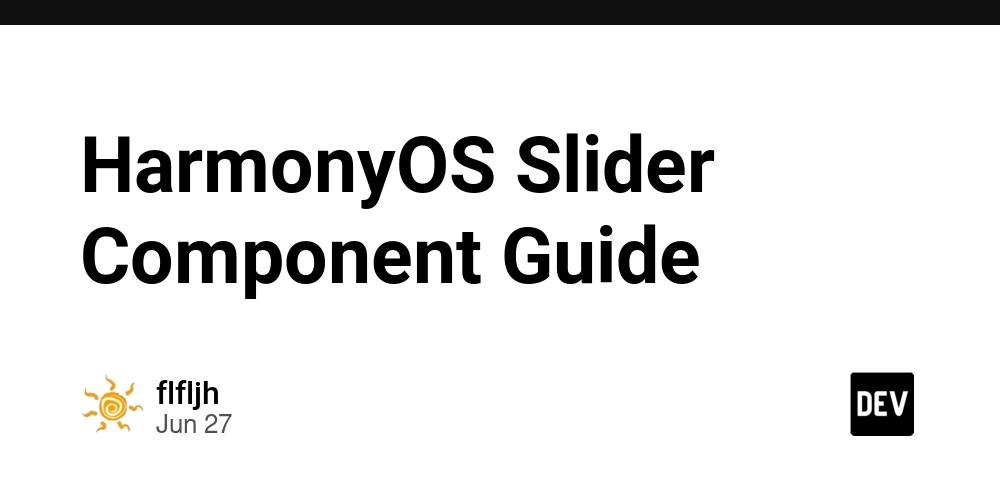










































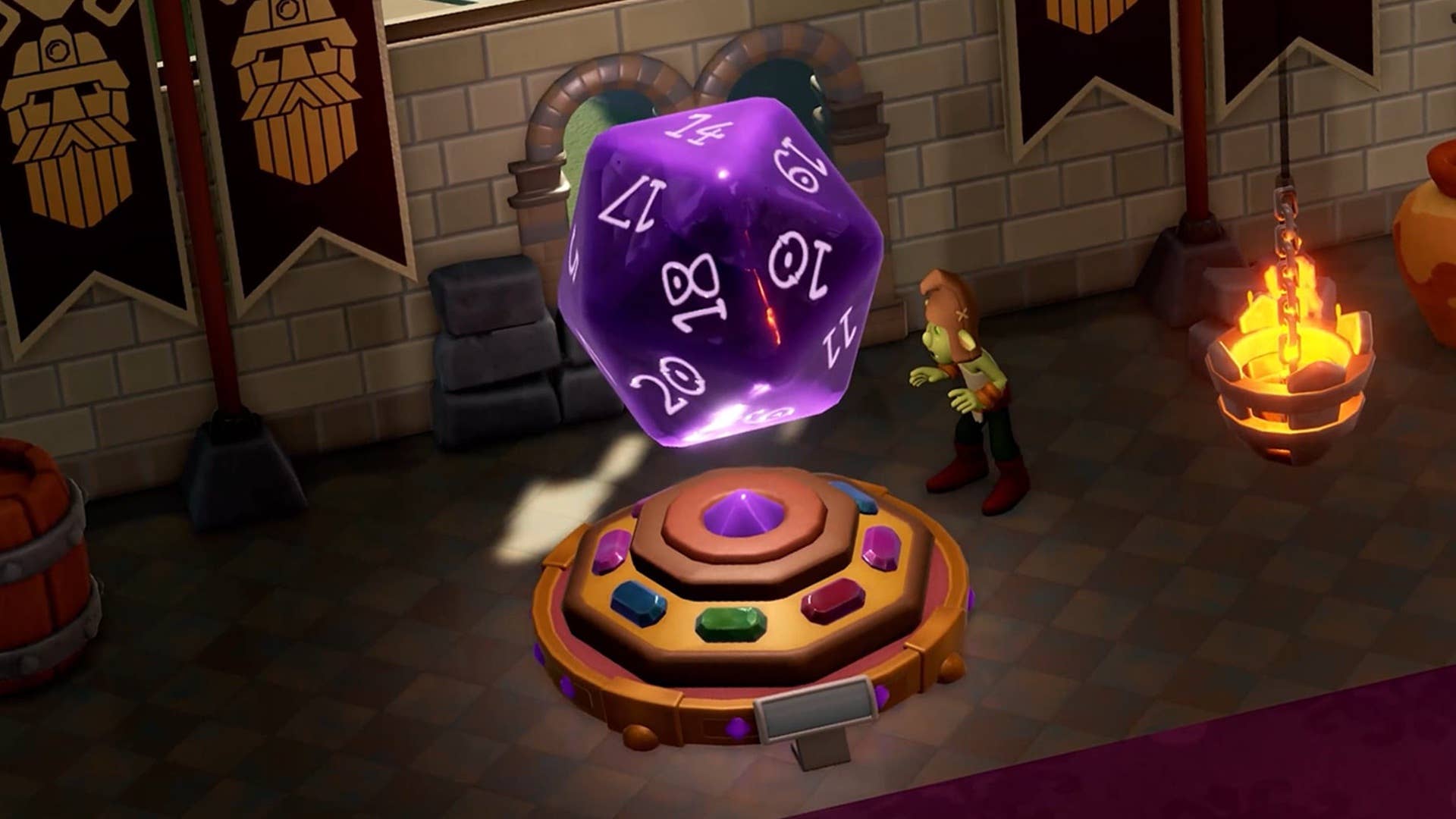













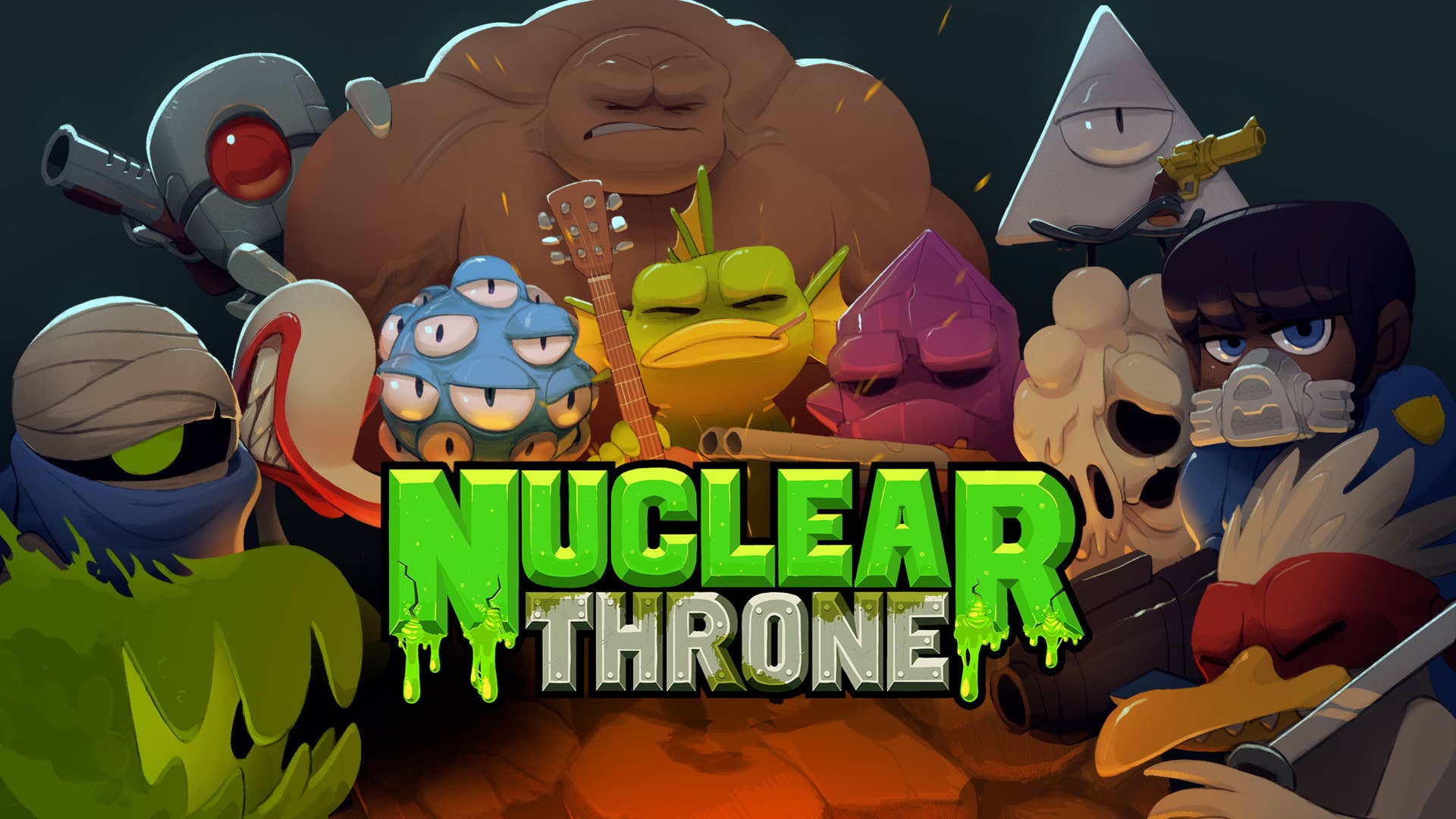































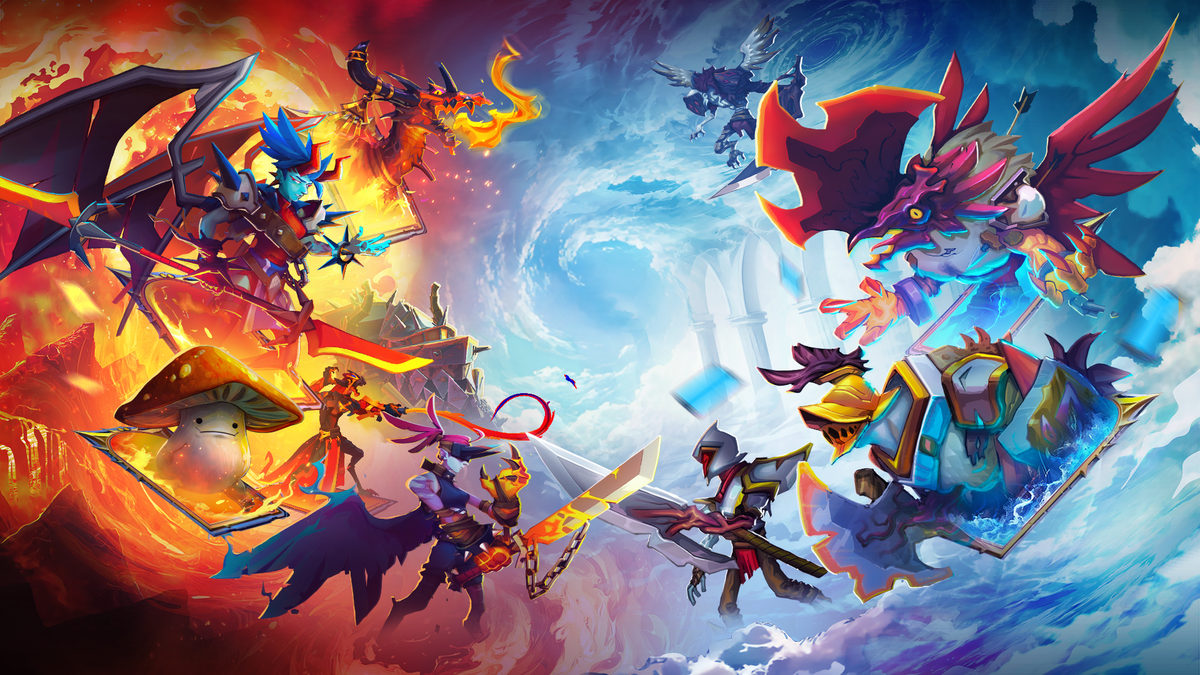
















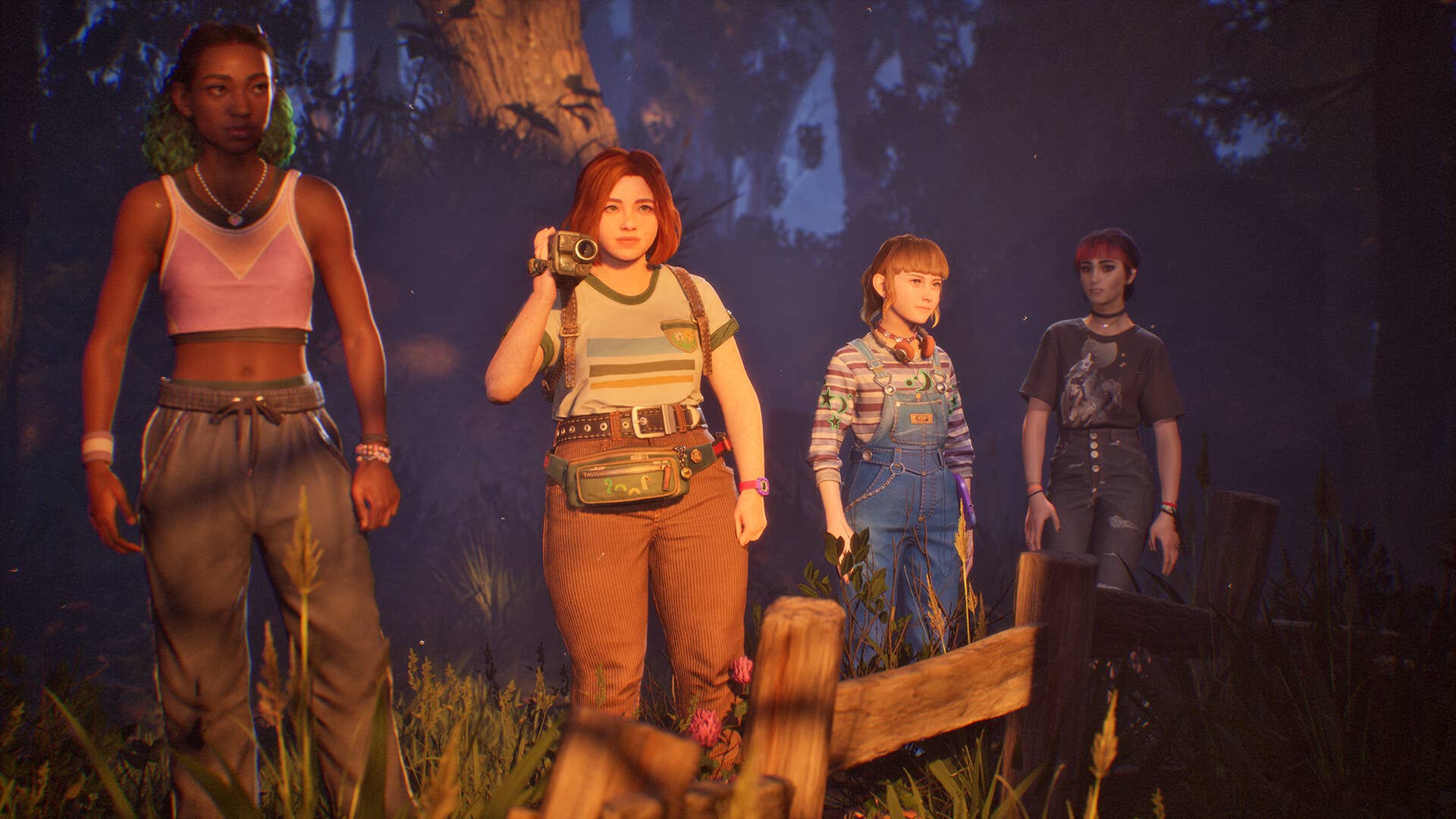

























_incamerastock_Alamy.jpg?width=1280&auto=webp&quality=80&disable=upscale#)
_Brain_light_Alamy.jpg?width=1280&auto=webp&quality=80&disable=upscale#)
























































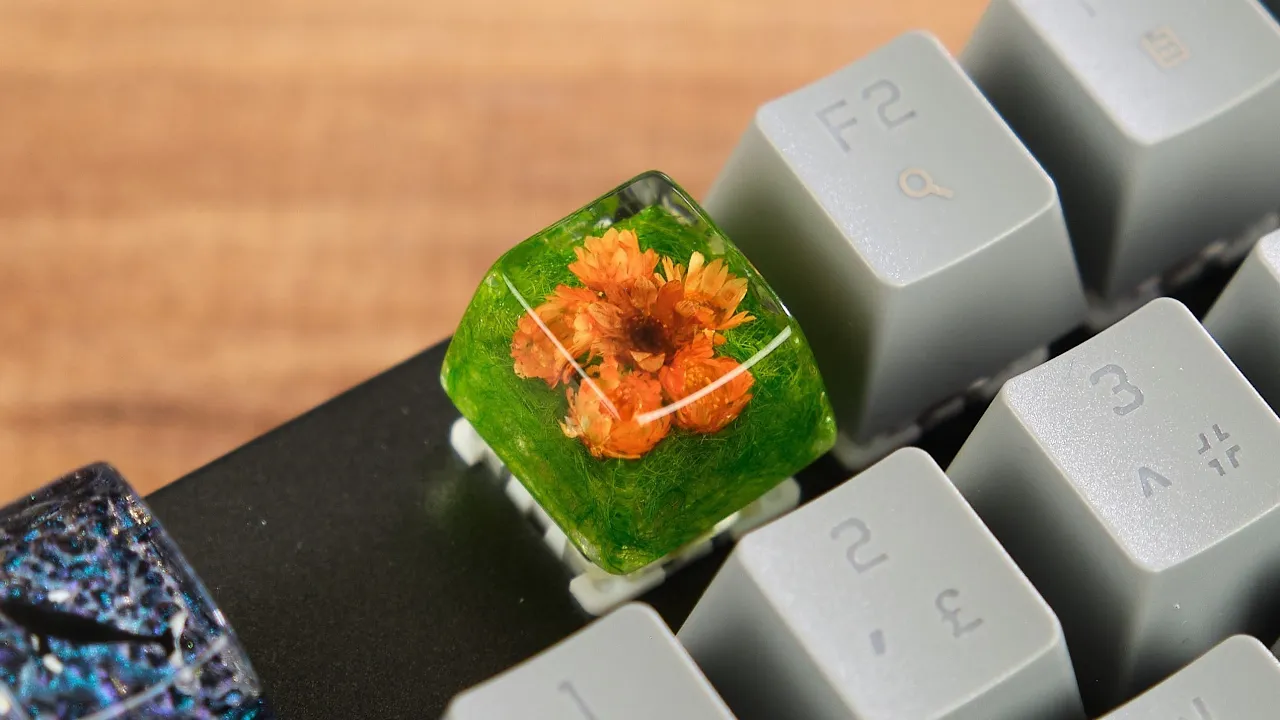



















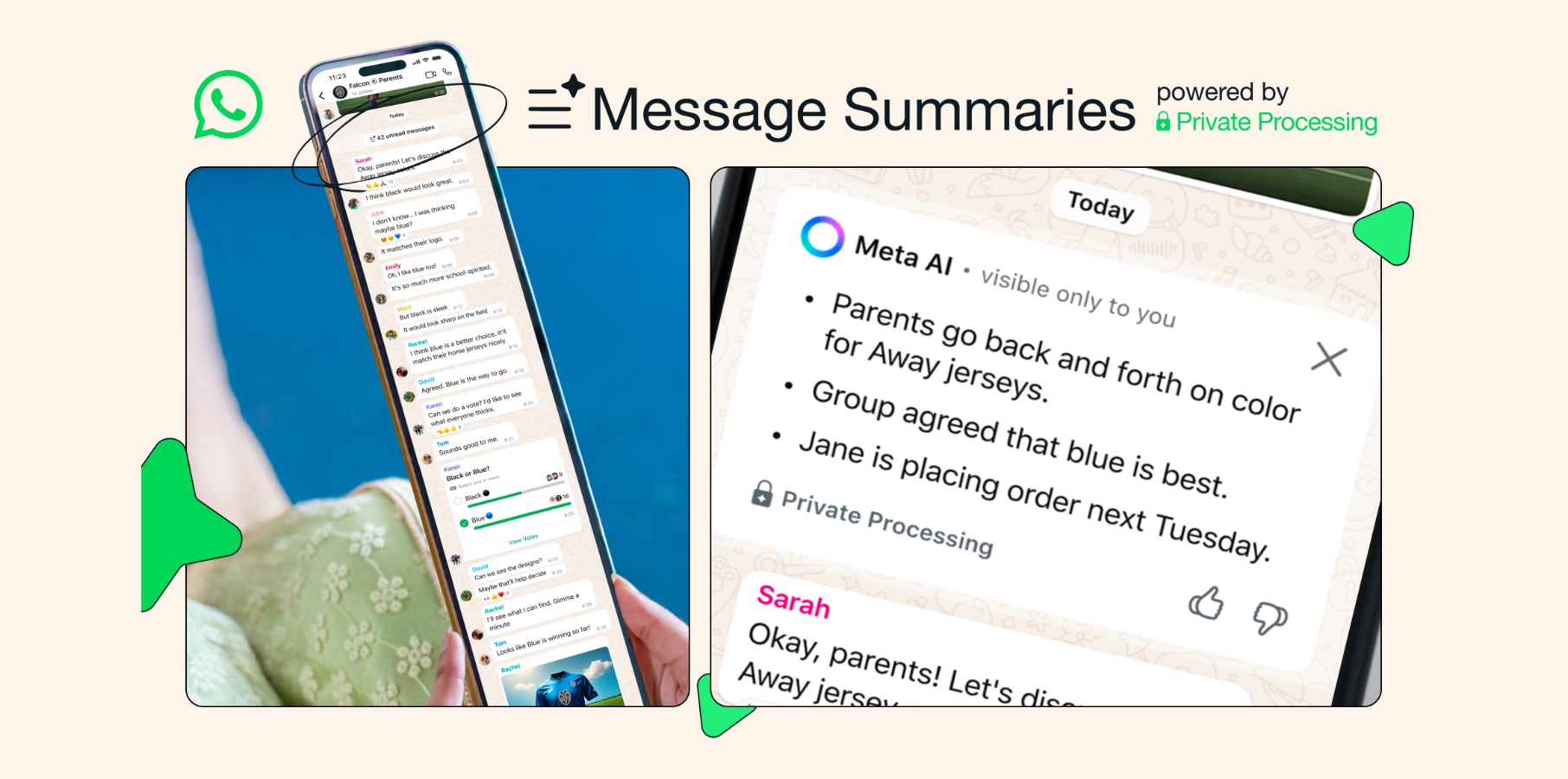
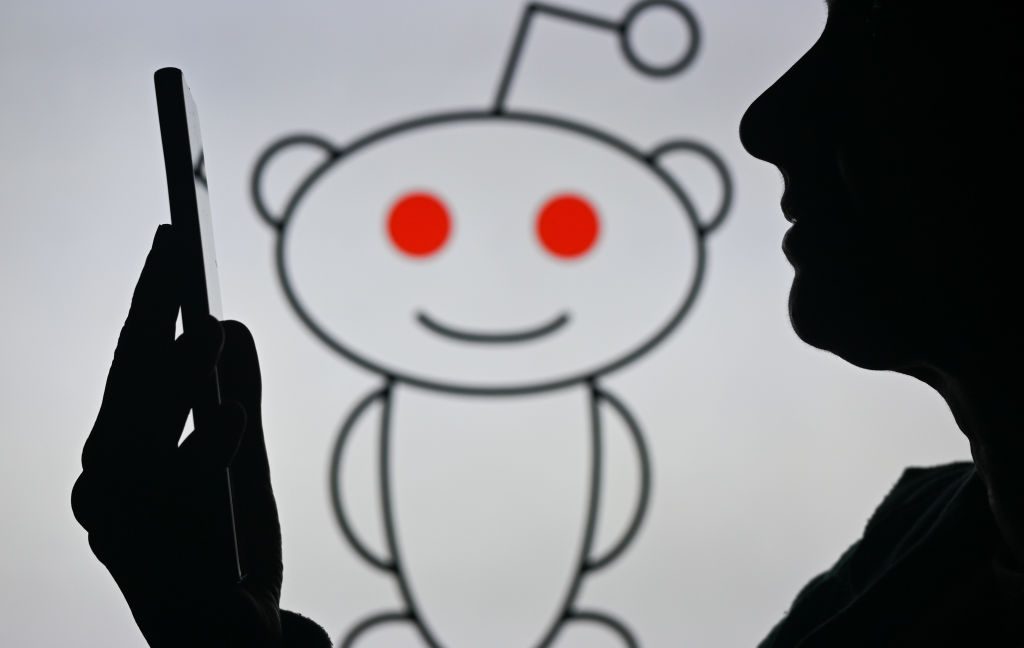




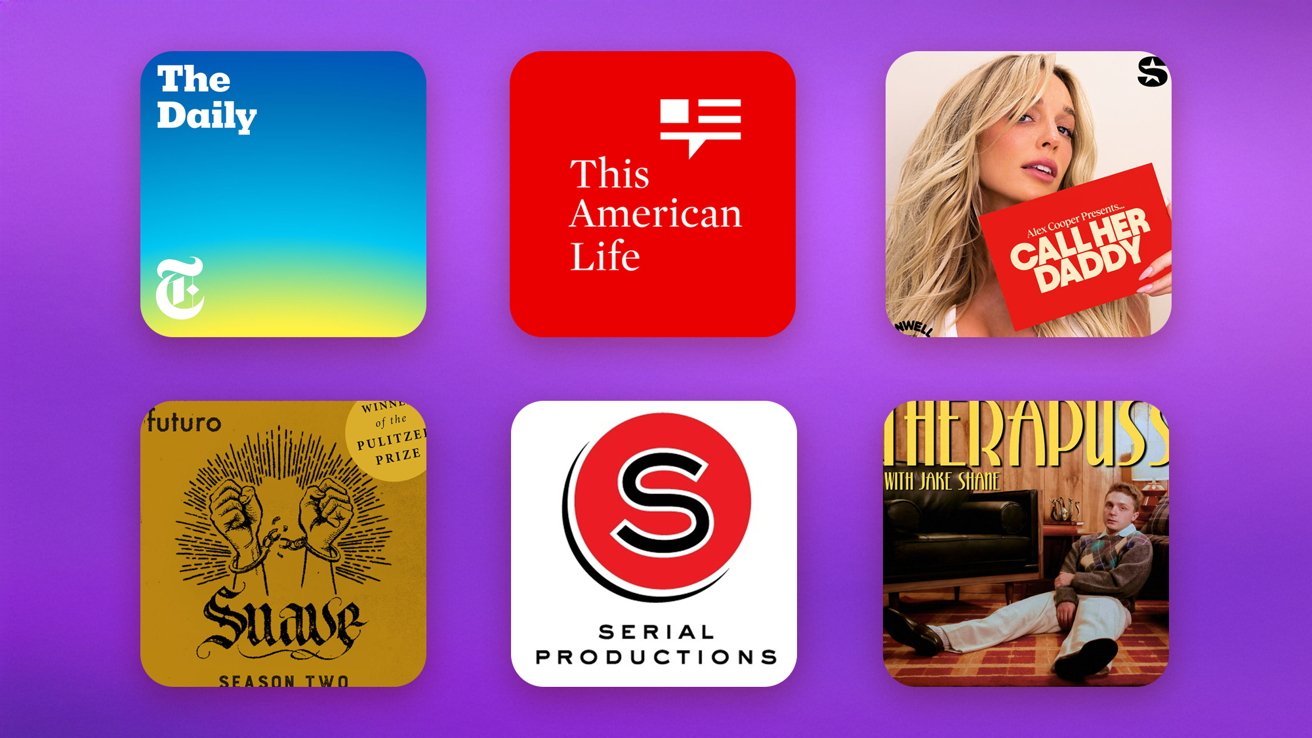
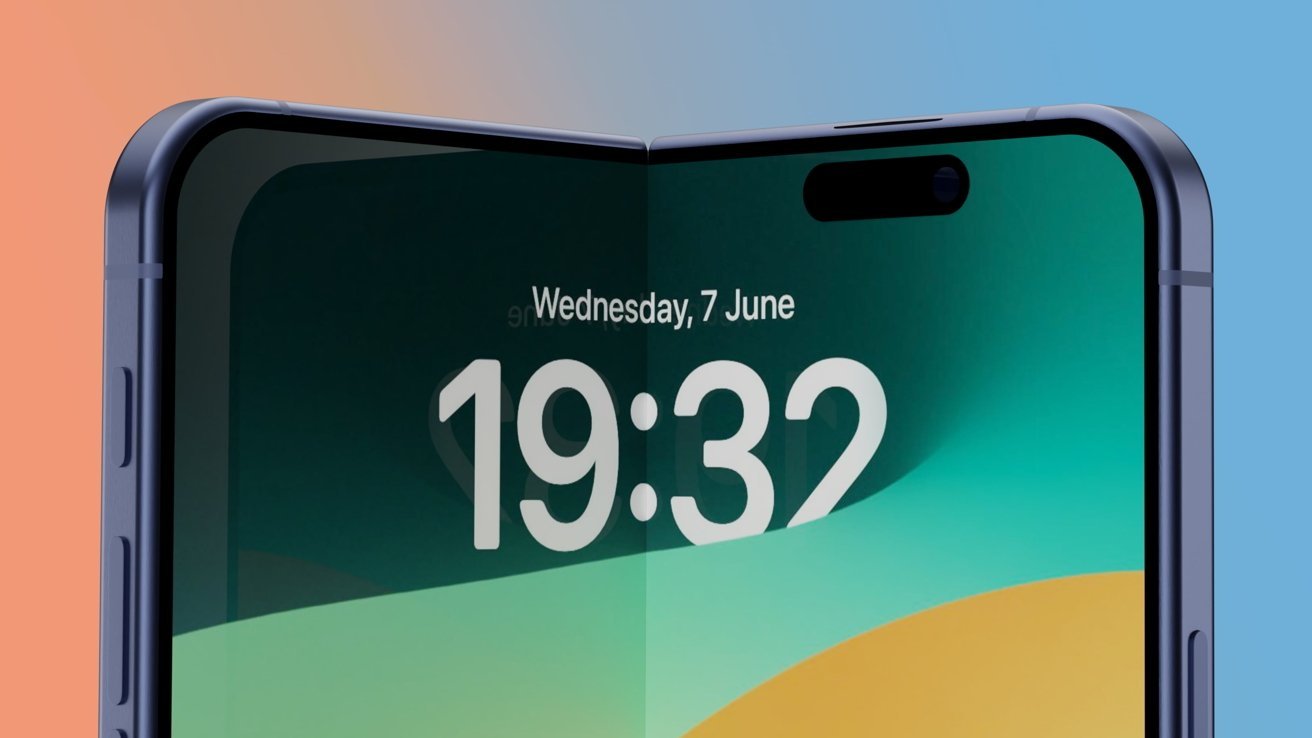
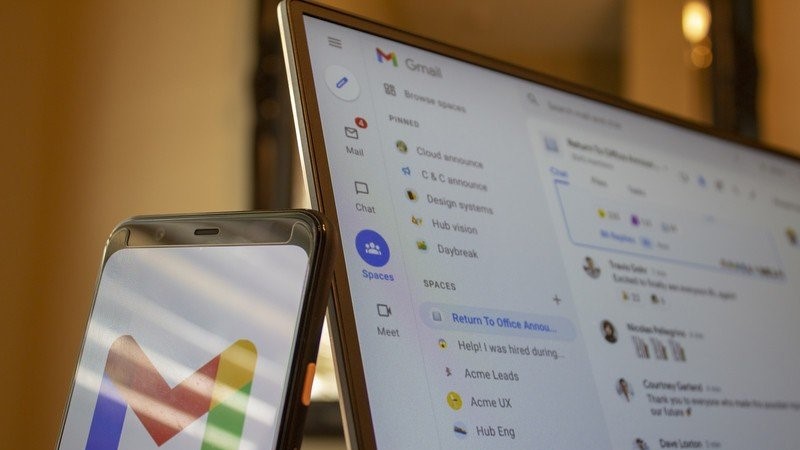

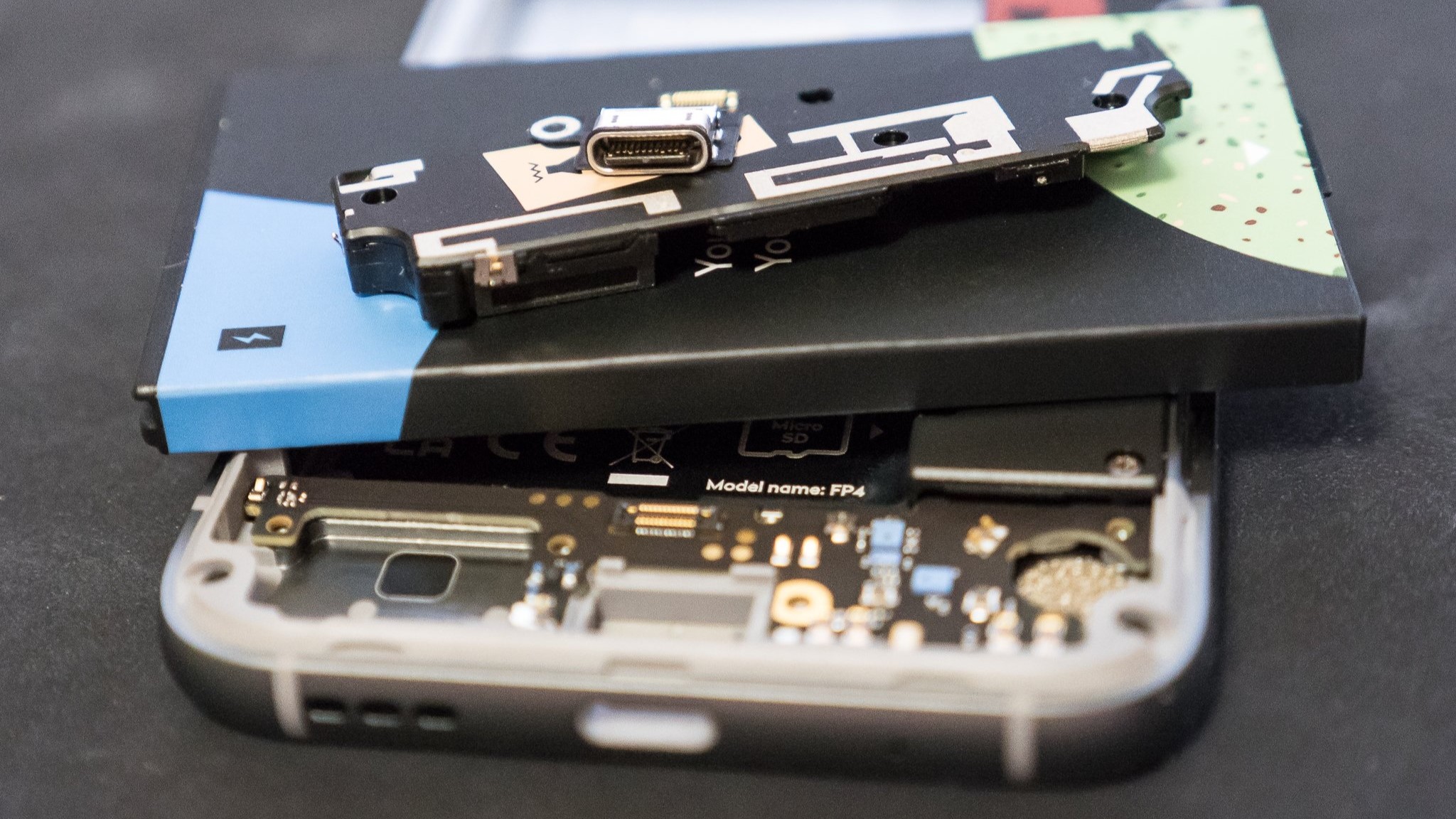

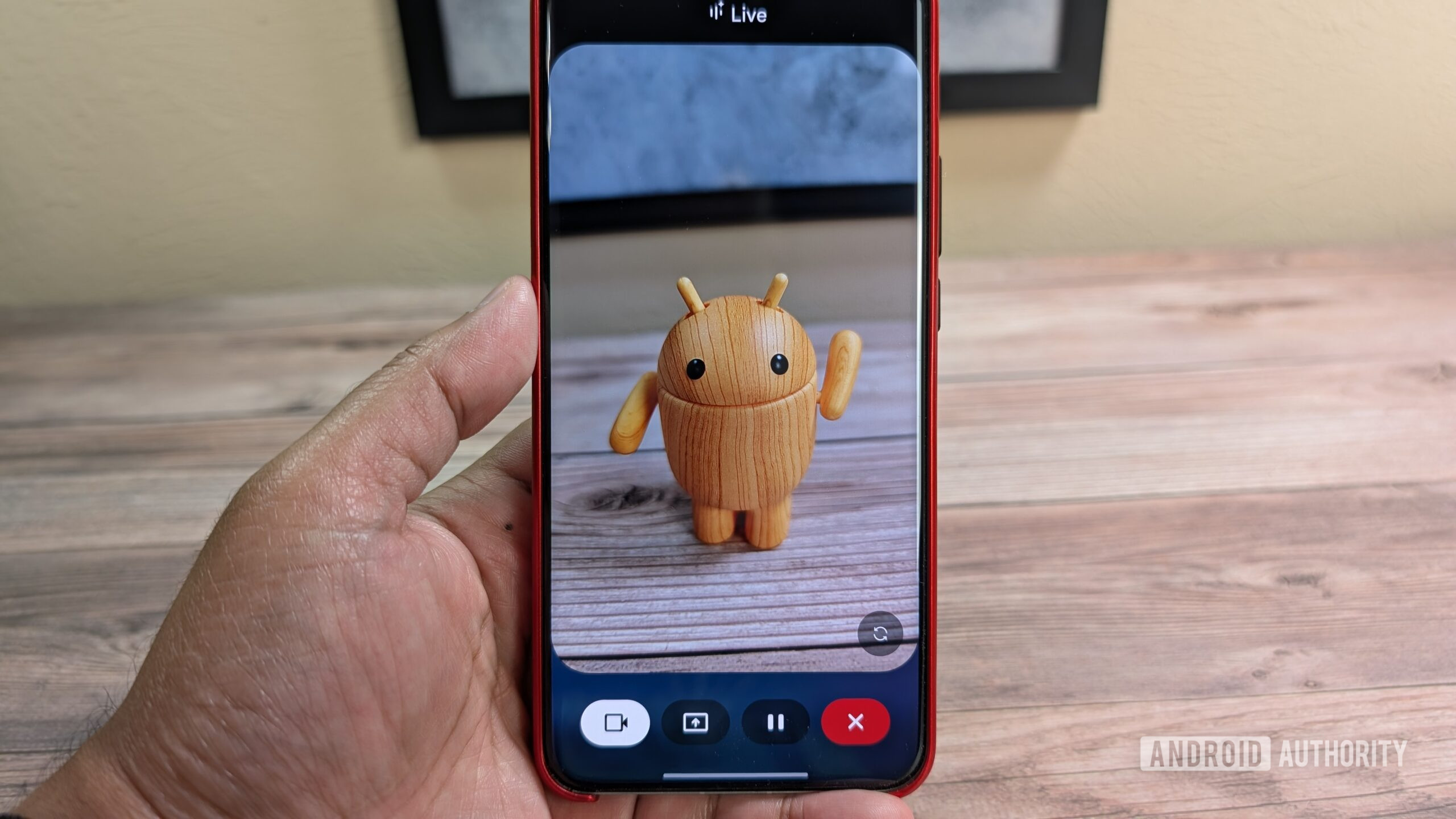





![Nothing Phone (3) has a 50MP ‘periscope’ telephoto lens – here are the first samples [Gallery]](https://i0.wp.com/9to5google.com/wp-content/uploads/sites/4/2025/06/nothing-phone-3-telephoto.jpg?resize=1200%2C628&quality=82&strip=all&ssl=1)


































